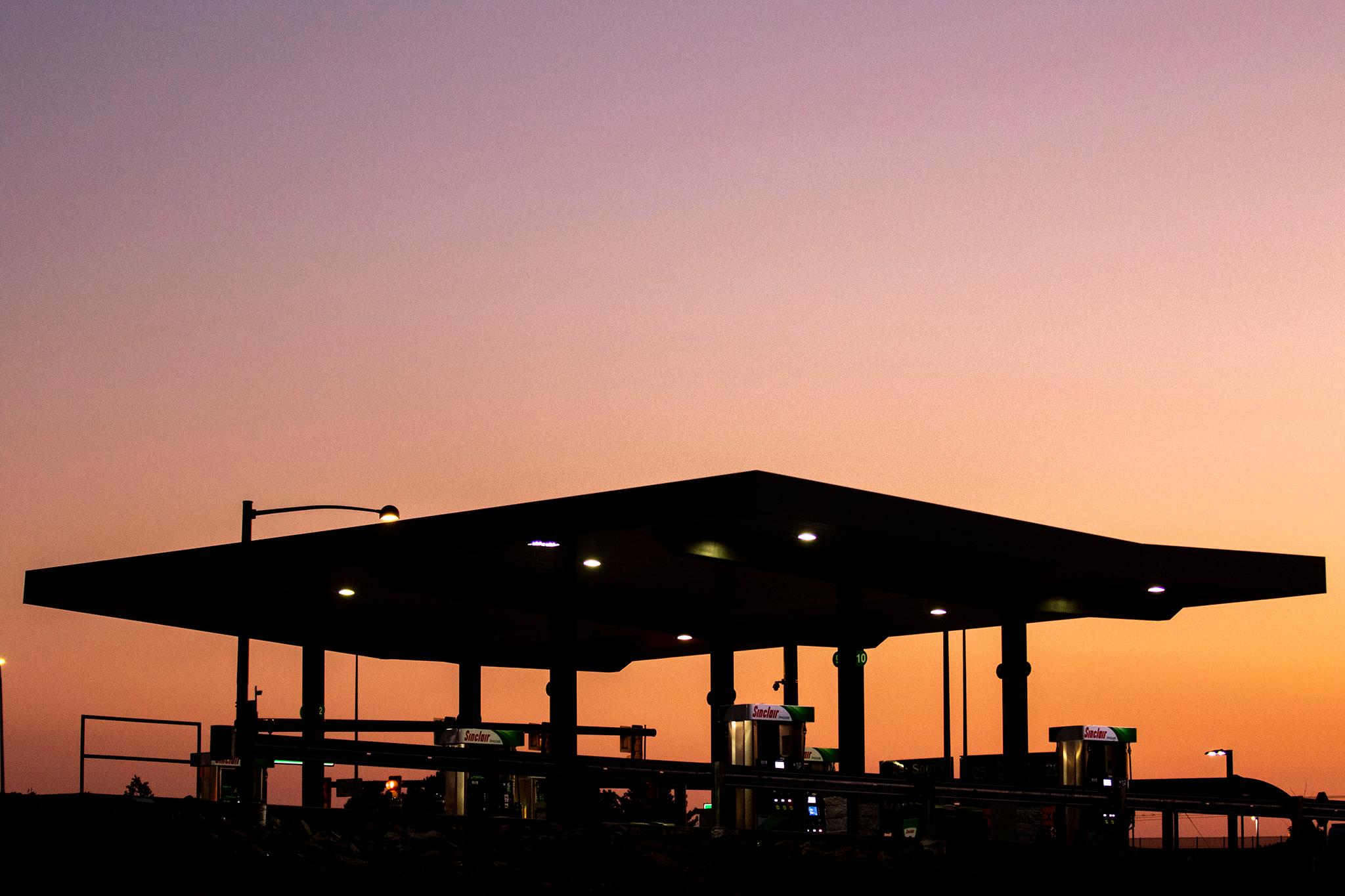All through August and September, drivers in the Denver area have enjoyed watching the per gallon price at their gas stations slowly tick down.
And that drop is -- sort of -- offsetting the rise in prices for groceries and other goods.
At least, that's how the nation's number crunchers see it.
Overall consumer prices dropped 0.2 percent in the Denver area over the last two months, according to the US Bureau of Labor Statistics.
But if you're not filling up all that often, you're still going to feel like everything is getting more expensive.
Rents are 2.9% (although Denver rent growth over the past few years is still below the suburbs). And at the grocery store, baked goods are up 3.3% and meat, poultry, fish and eggs are up 1.9%.
The latest Consumer Price Index numbers, which measure the average change of what urban consumers pay for goods over time, bring Denver's inflation rate to 7.7% during the past 12 months.
The financial picture here is a bit better than the rest of the country. Overall inflation climbed 0.4% nationally in August and September, adding up to a 8.2% increase for the past year.
But the bright spot in Denver's inflation index -- gas prices -- is likely to fade in the coming months. The decision by OPEC to significantly cut production is expected to drive prices back up in the coming months.













